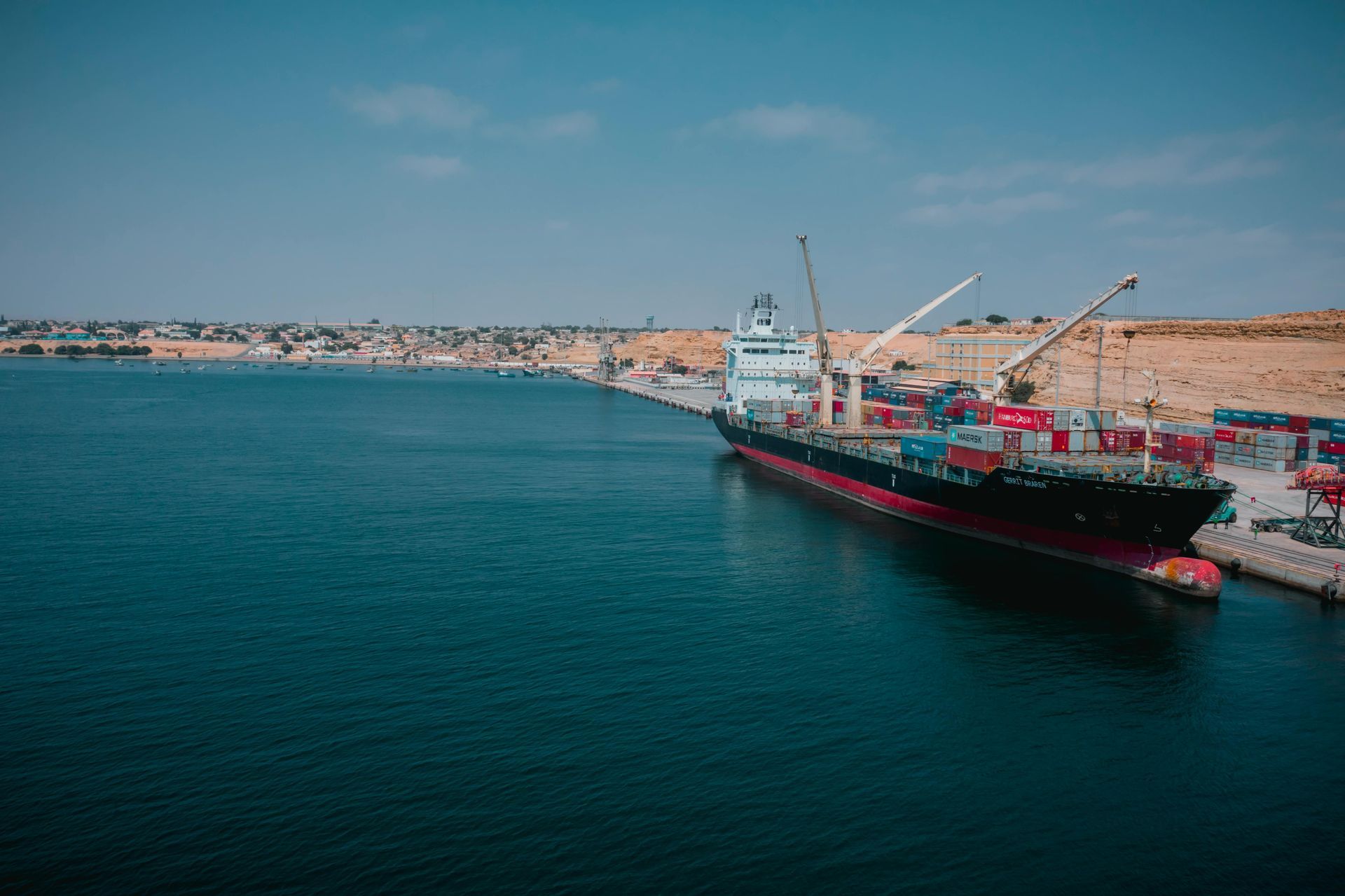The Quiet Continent Roars: Why Saudi Capital Must Look Lusophone
This is a subtitle for your new post

By Sunrise Partners
The global investment community—so often cliquish, risk-averse, and frankly unimaginative—has largely failed to grasp a silent revolution happening along the Atlantic and Indian Ocean coasts of Africa. While capital stampedes toward the familiar (North Africa, Francophone hubs, post-Apartheid South Africa), few seem to be listening to the low, resonant drumbeat coming from Angola and Mozambique. And yet—these are the frontiers where real strategic power is still up for grabs.
Let us be clear: these are not boutique opportunities in obscure lands. Angola is an OPEC member with nearly 9 billion barrels of proven crude. Mozambique is not some rustic backwater—it holds over 180 trillion cubic feet of natural gasin the Rovuma Basin, enough to supply parts of Asia and Europe for a generation. The geopolitical implications of such endowments are obvious. But so too is the fact that Western capital has either absconded, hesitated, or defaulted to offshore hedging strategies with minimal on-ground presence. That’s not investment; that’s absenteeism in Armani.
Saudi Arabia, on the other hand, has declared its intention to become a global investment powerhouse. Vision 2030 demands more than domestic reform—it requires an external assertiveness that converts petrodollars into influence, resilience, and relevance. Where better to begin than with two Lusophone nations—one straddling the Atlantic with port access to Latin America and the EU, the other hugging the Indian Ocean, flanked by four landlocked nations that must move through it?
The Kingdom’s $41 billion Africa investment pledge is an overture—but it lacks a score. Sunrise Partners provides that orchestration.
We do not simply introduce deals. We build, shape, and defend investments. We are on the ground—negotiating mineral concessions, structuring LNG offtake agreements, aligning interests between Riyadh and Luanda, Maputo, and beyond. We take seriously the notion that capital, without contextual intelligence and operational traction, is merely expensive paper.
To ignore Lusophone Africa is to forgo leverage in the century’s most underpriced frontier. The West blinked. China overreached. Saudi Arabia, with courage and competence, has a rare window. Shall we walk through it together?


